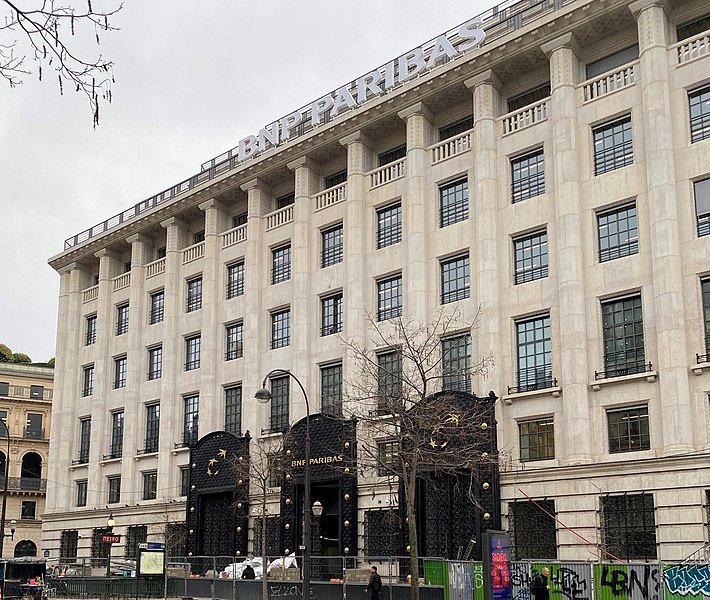
As interest rates climb, the business cycle is poised to slow down in both Europe and the US during the latter half of this year.
A string of bankruptcies among German department stores, escalating interest rates in the United States, a real estate crisis in China—over the past weeks, unsettling indicators for the global economy's well-being have been amassing.
"Business insolvencies are escalating globally; they have already exceeded their 2019 levels in the United Kingdom, Canada, and Sweden," stated Bruno de Moura Fernandes, an economist at the French credit insurer COFACE. World trade has entered a downturn, declining by 0.7% in the first quarter, while geopolitical risks continue to take a toll on economic activity.
"There's no true catastrophe," as mentioned by Charles-Henri Colombier, an economist at Rexecode. "However, the outlook is dim, and the economy is expected to exhibit persistent fragility throughout the latter half of the year."
At the beginning of 2023, the substantial worries linked to the energy crisis swiftly subsided, replaced by a somewhat exaggerated optimism: Europe could manage without Russian gas, China was reopening its economy, and tourism was making a comeback. "But manufacturing and business sentiment indicators proved to be rather lackluster, and we're back to cautious pessimism now," explained Hélène Baudchon, an economist at BNP Paribas.
This is particularly notable in the eurozone. While the French and Spanish economies surprisingly held up well in the second quarter—with GDP growth rates of 0.5% and 0.4%, respectively—Germany stagnated (0%). The upcoming months, however, are anticipated to be more challenging.
"The tightening of monetary policy is starting to impact activity: Credit costs are rising, particularly for businesses," stated Riccardo Marcelli Fabiani, an economist at Oxford Economics. In July, the Purchasing Managers' Index (PMI), reflecting managers' assessment of business conditions, fell to 47—above 50 indicates expansion, below signifies contraction—in the monetary union, marking its lowest level since November 2020 and raising concerns about a slowdown.
Germany's slowdown is good news for no one 'Increase in real wages' While industrial production was still up by 0.5% in June, removing Ireland's figures (+13.1%), which were artificially boosted by the presence of multinational corporations on its soil, resulted in a 0.9% decrease in production. "This is particularly concerning as the slowdown is starting to spread to the services sector, which had been relatively resilient until now," remarked Anna Titareva, an economist at UBS.
Capital Economics estimated that tourism bolstered eurozone growth by 0.3 points over the first half of 2023. However, European economies can no longer rely on this contribution in the latter half, as the sector has returned to its pre-Covid-19 levels. Photo by Boubloub, Wikimedia commons.








































